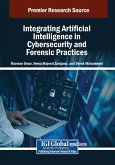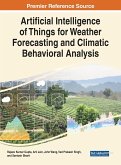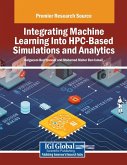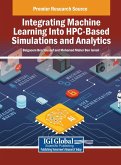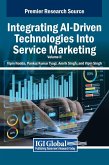The exponential rise in digital transformation has brought unprecedented advances and complexities in cybersecurity and forensic practices. As cyber threats become increasingly sophisticated, traditional security measures alone are no longer sufficient to counter the dynamic landscape of cyber-attacks, data breaches, and digital fraud. The emergence of Artificial Intelligence (AI) has introduced powerful tools to enhance detection, response, and prevention capabilities in cybersecurity, providing a proactive approach to identifying potential threats and securing digital environments. In parallel, AI is transforming digital forensic practices by automating evidence collection, enhancing data analysis accuracy, and enabling faster incident response times. From anomaly detection and pattern recognition to predictive modeling, AI applications in cybersecurity and forensics hold immense promise for creating robust, adaptive defenses and ensuring timely investigation of cyber incidents. Integrating Artificial Intelligence in Cybersecurity and Forensic Practices explores the evolving role of AI in cybersecurity and forensic science. It delves into key AI techniques, discussing their applications, benefits, and challenges in tackling modern cyber threats and forensic investigations. Covering topics such as automation, deep neural networks, and traffic analysis, this book is an excellent resource for professionals, researchers, students, IT security managers, threat analysts, digital forensic investigators, and more.
Bitte wählen Sie Ihr Anliegen aus.
Rechnungen
Retourenschein anfordern
Bestellstatus
Storno


